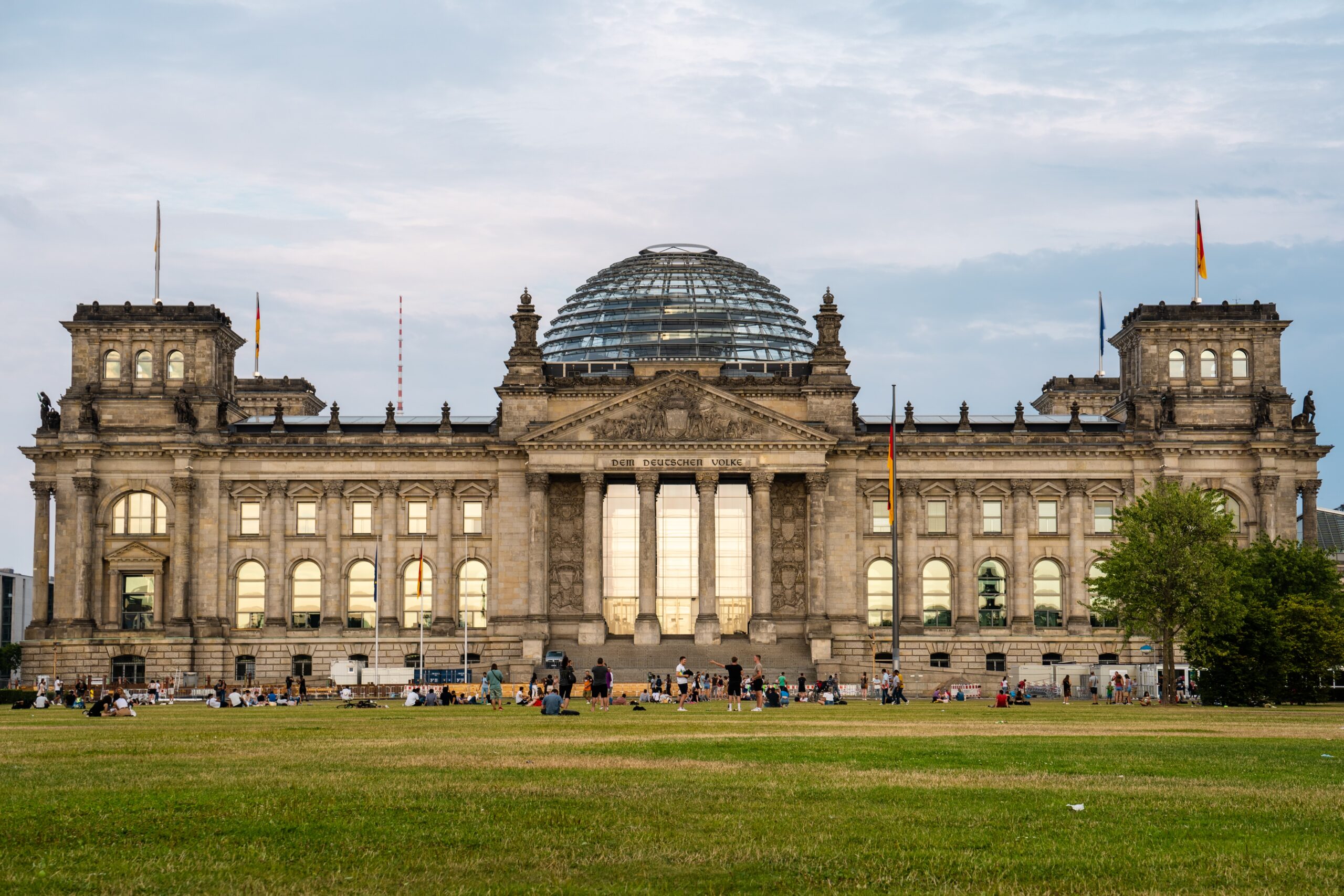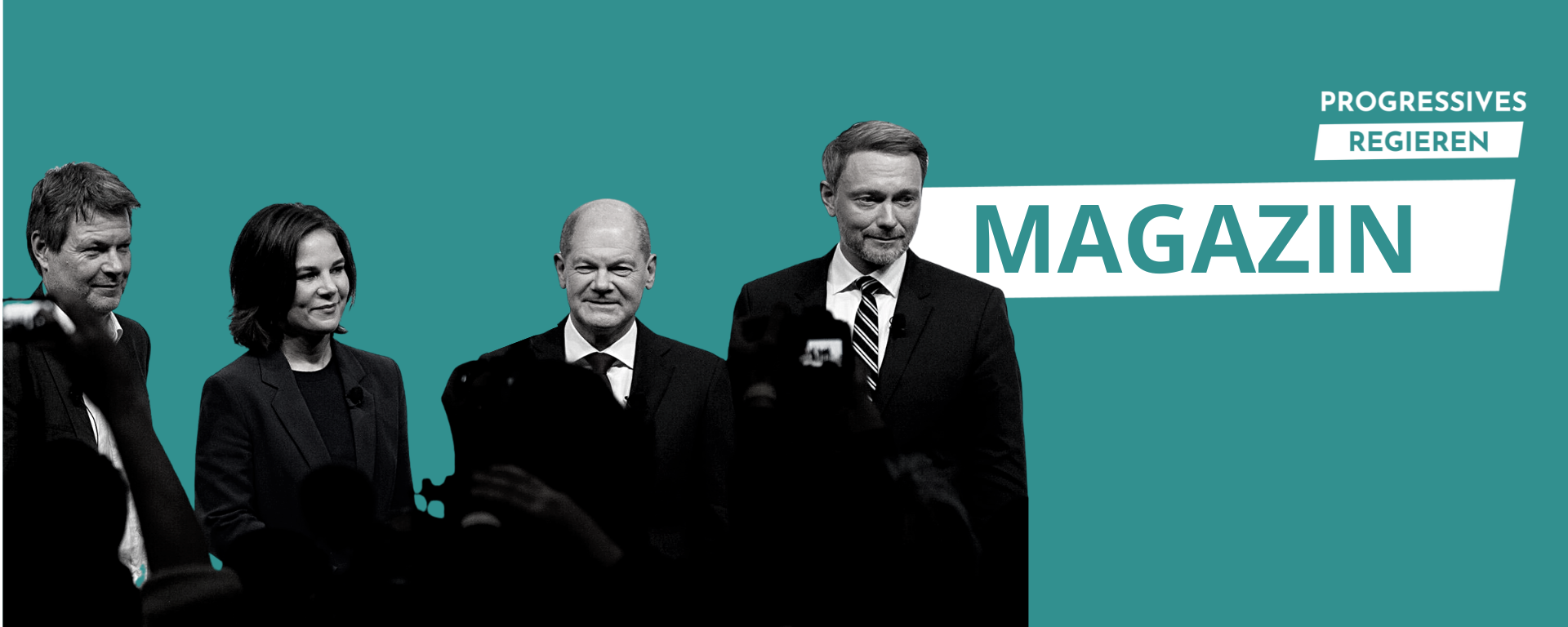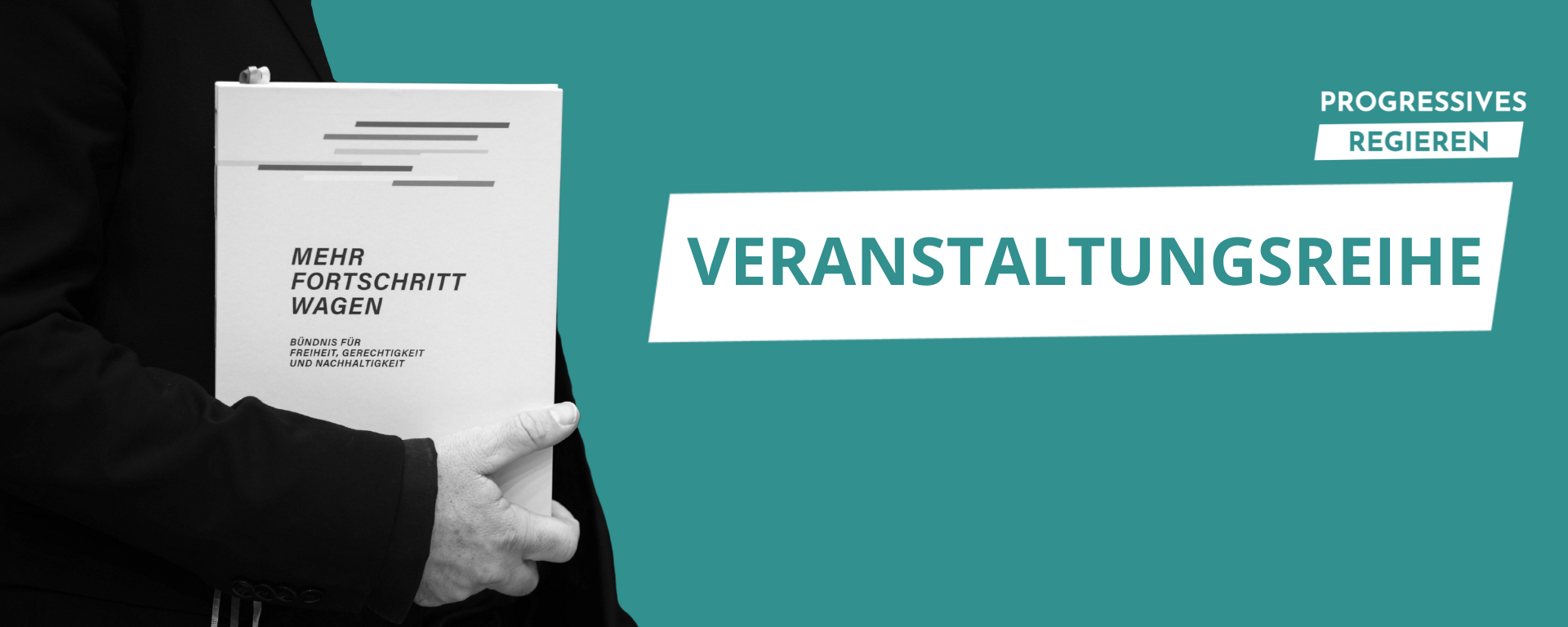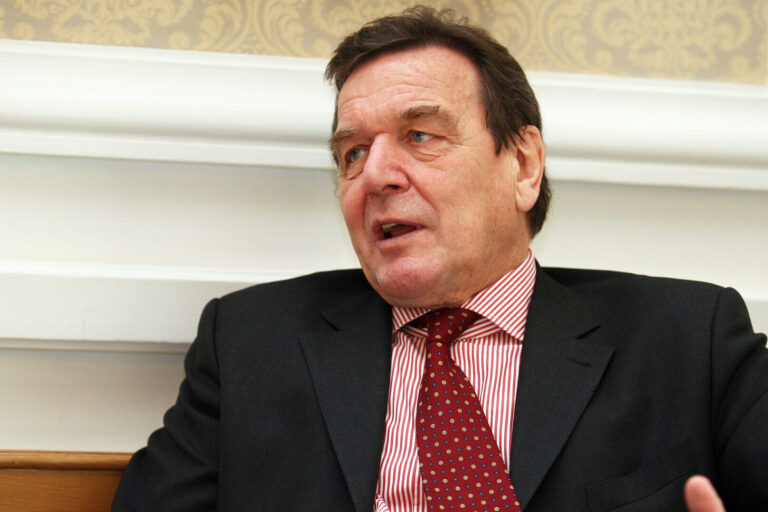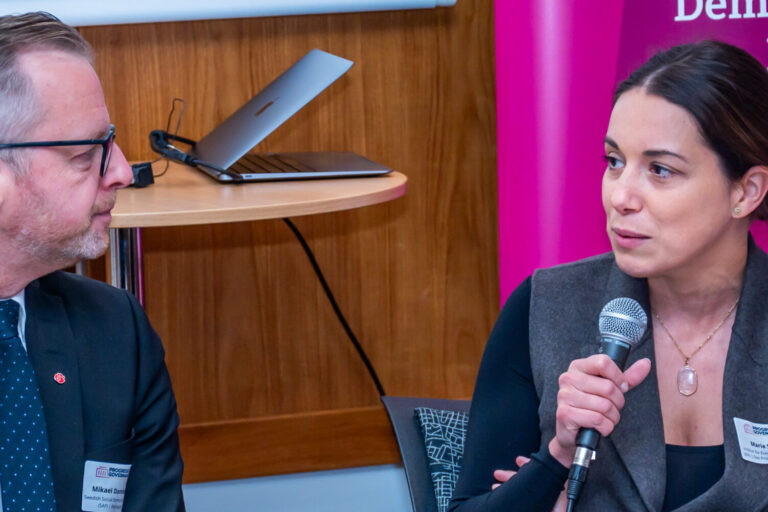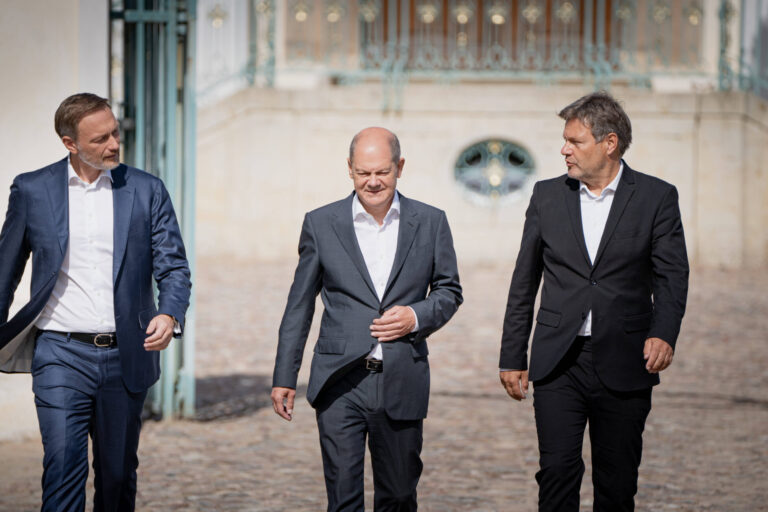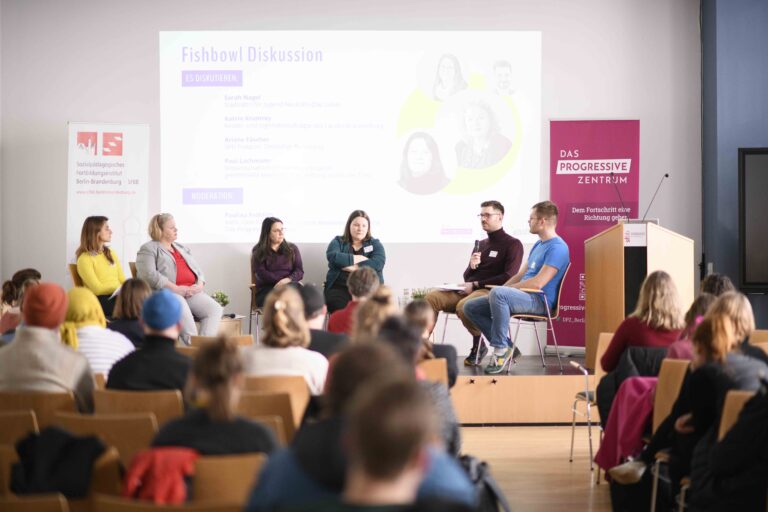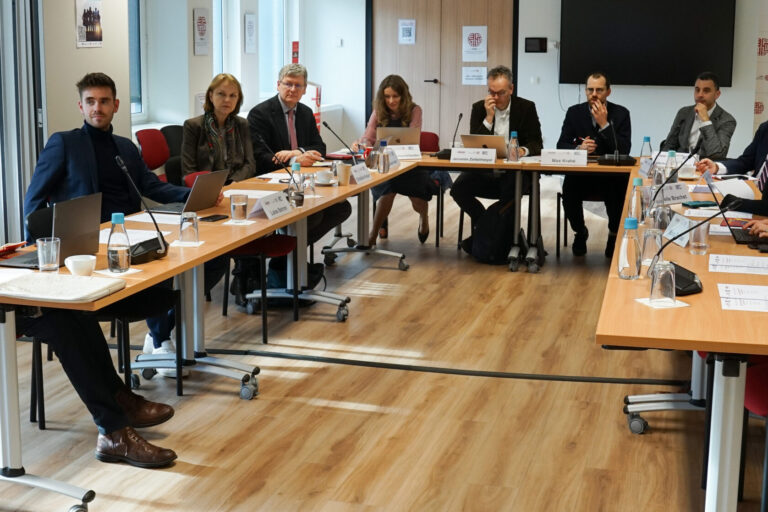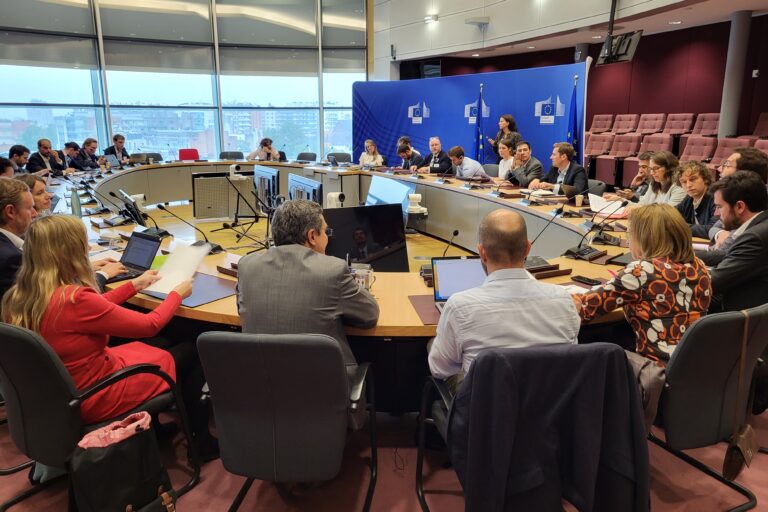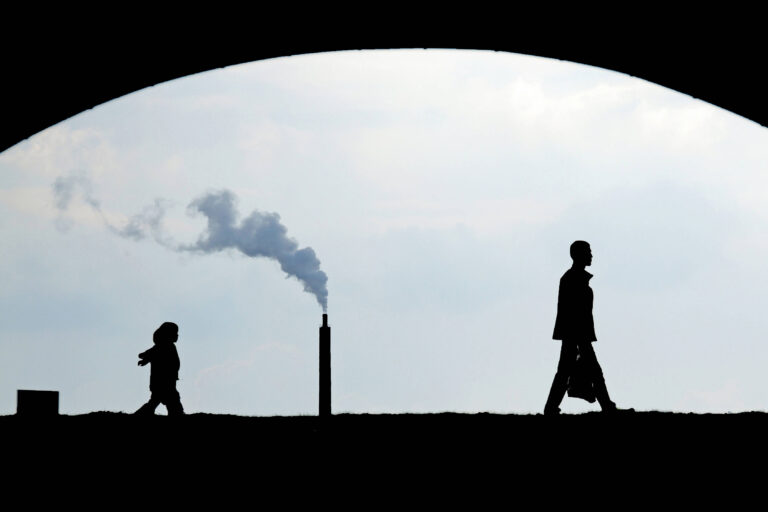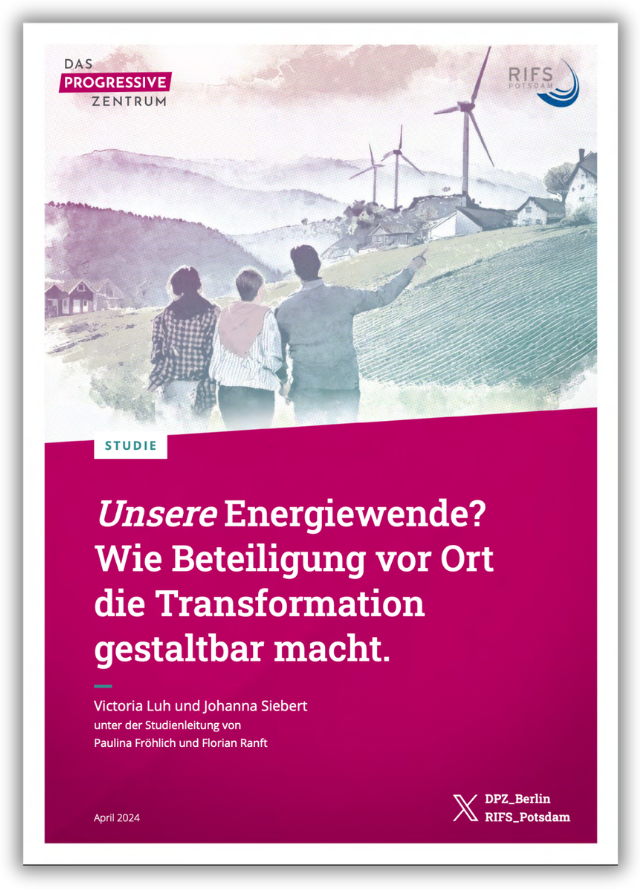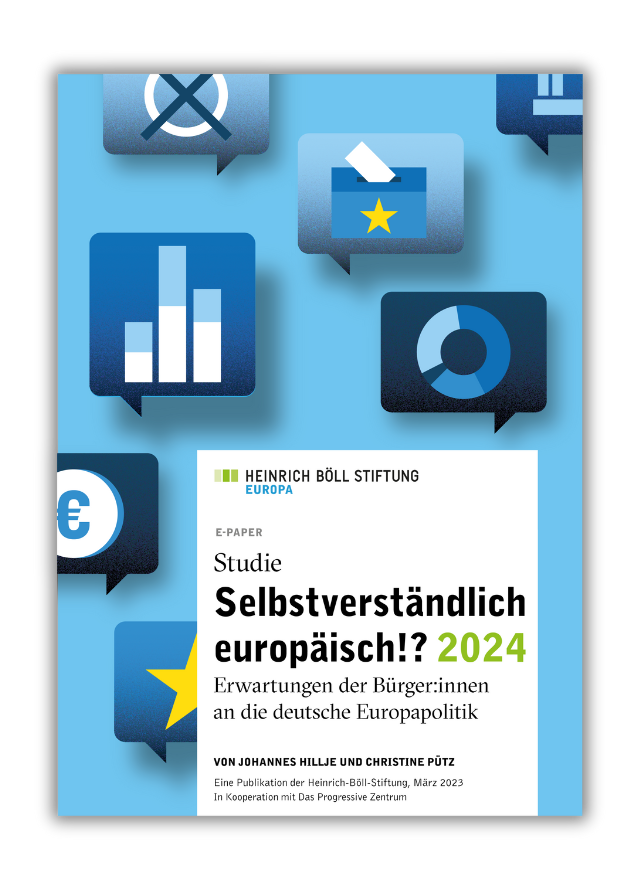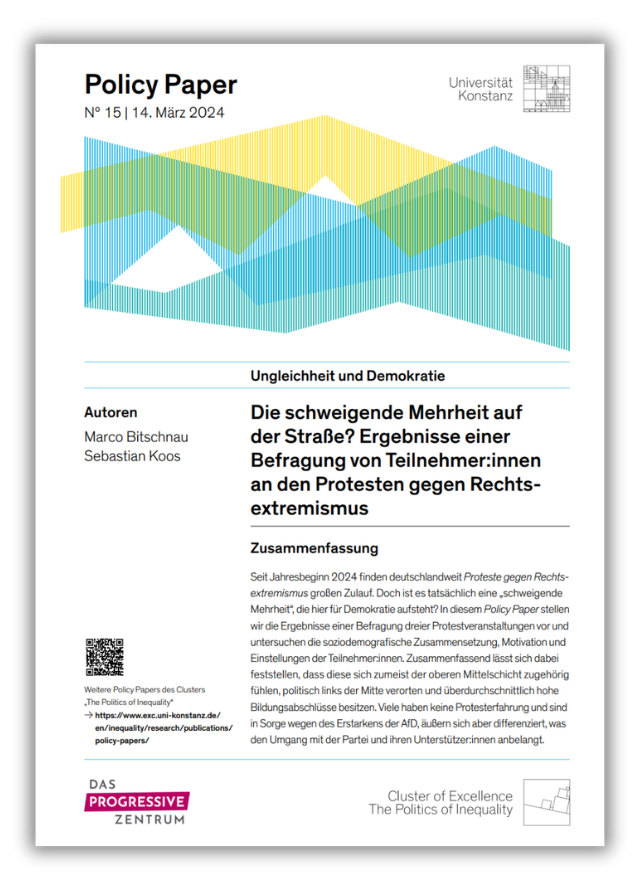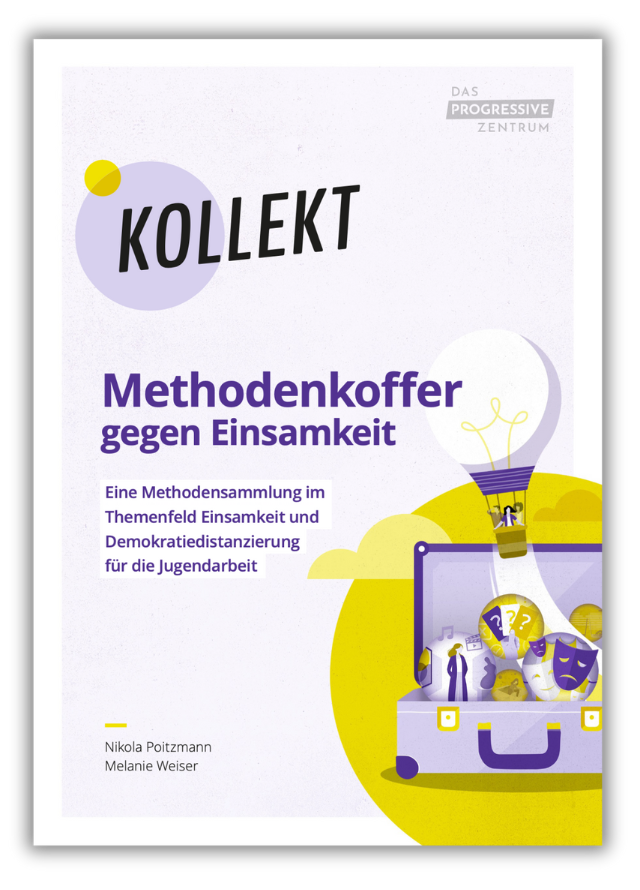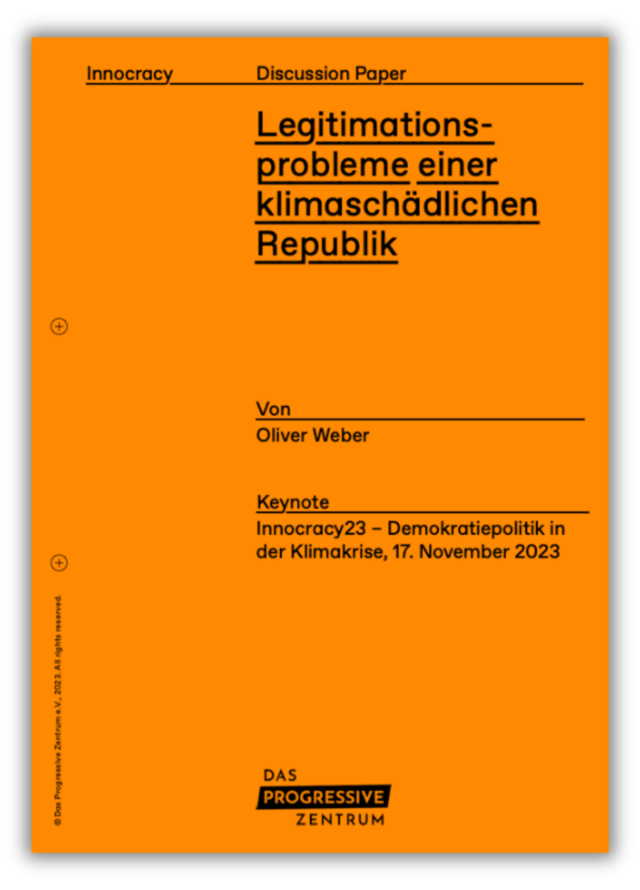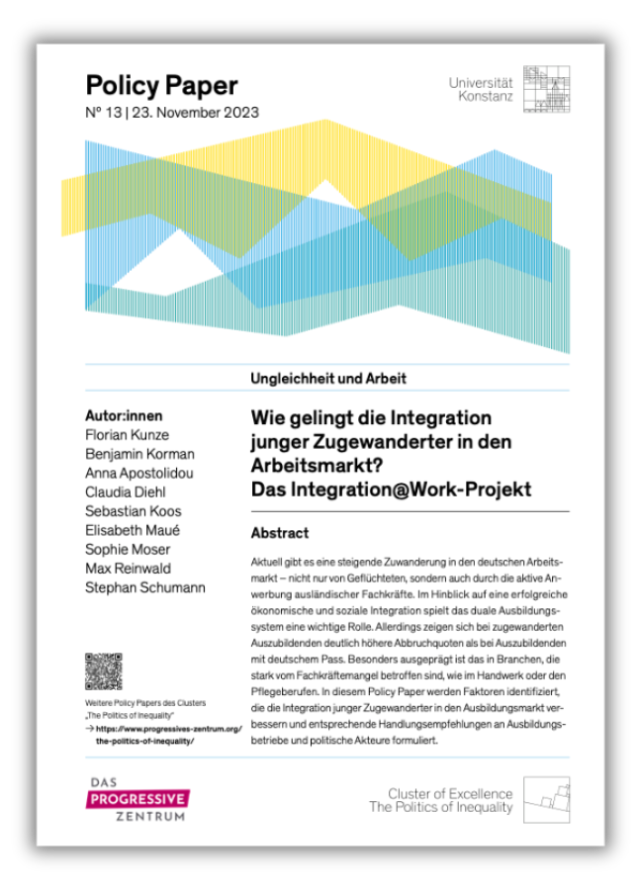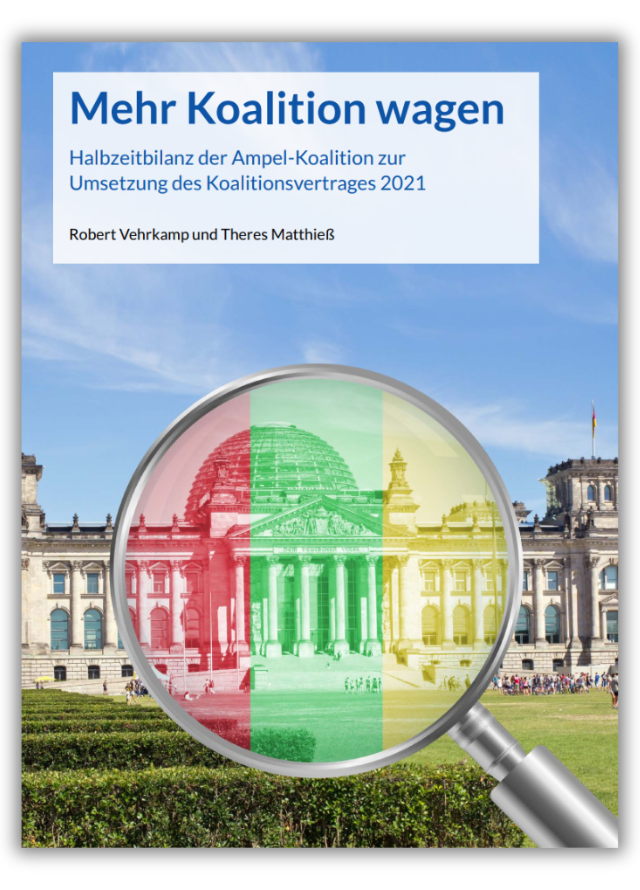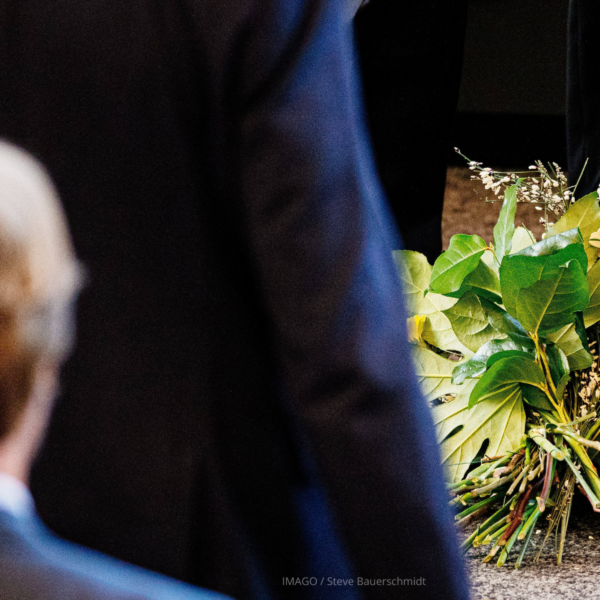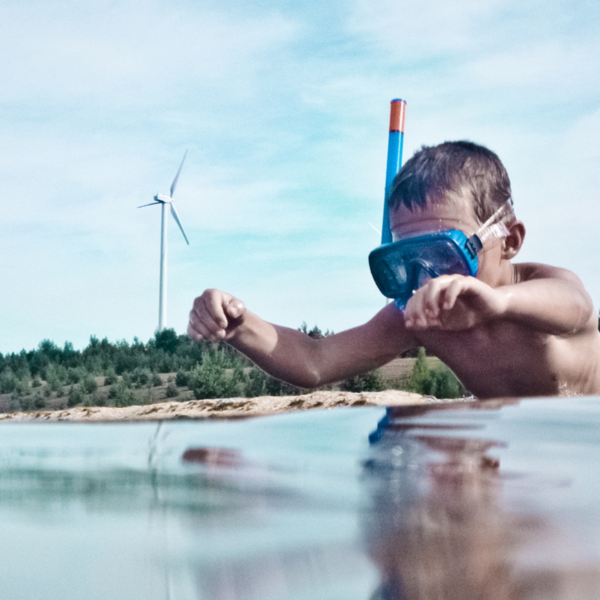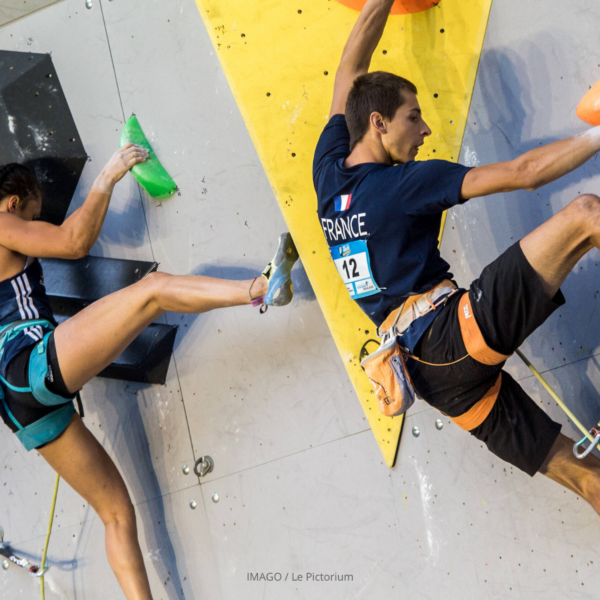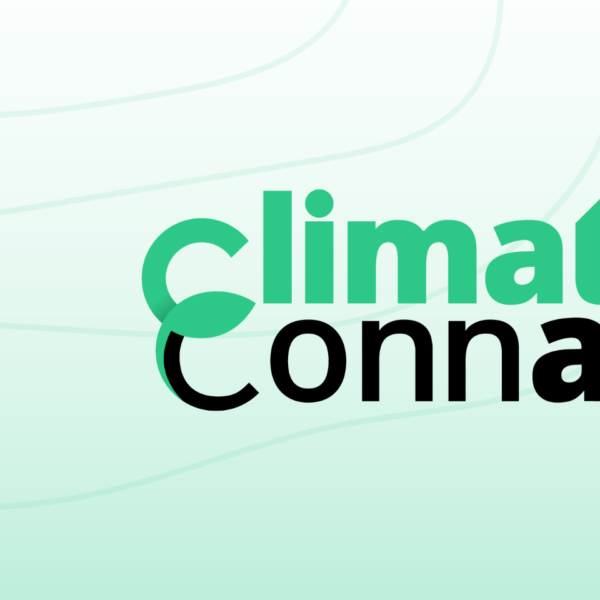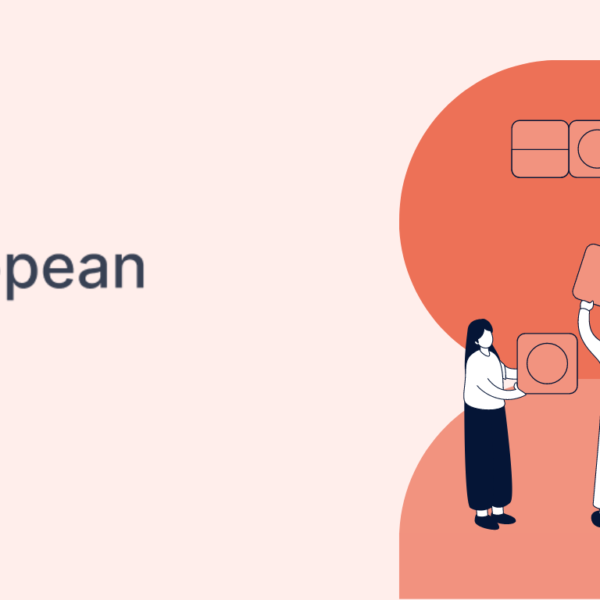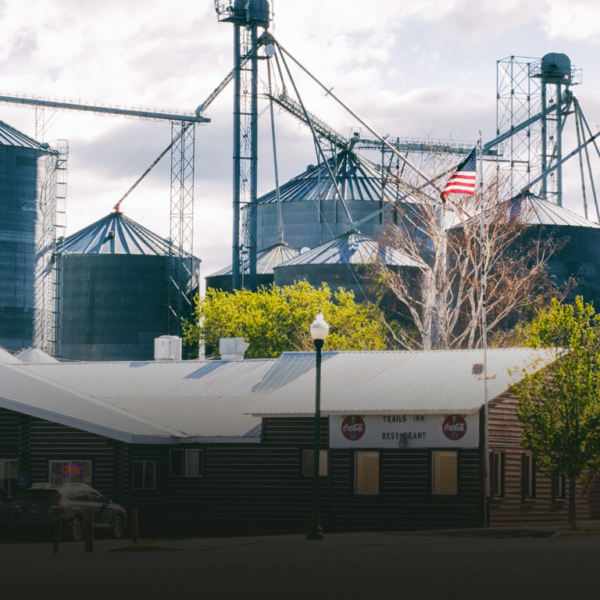
Unsere Energiewende? Wie Beteiligung vor Ort die Transformation gestaltbar macht.
Demokratische Aushandlungsprozesse im Zuge von Energiewende und Transformation.

Aufgeheizte Debatte?
Eine Analyse der Berichterstattung über das Heizungsgesetz – und was wir politisch daraus lernen können

Selbstverständlich europäisch!? 2024
Die Europawahl im Juni 2024 findet im Schatten multipler Krisen statt. In diesem Zusammenhang untersucht die sechste Ausgabe der Langzeitstudie „Selbstverständlich europäisch!?“, wie die deutsche Bevölkerung auf die Europawahl blickt und die Rolle Deutschlands in der EU beurteilt.
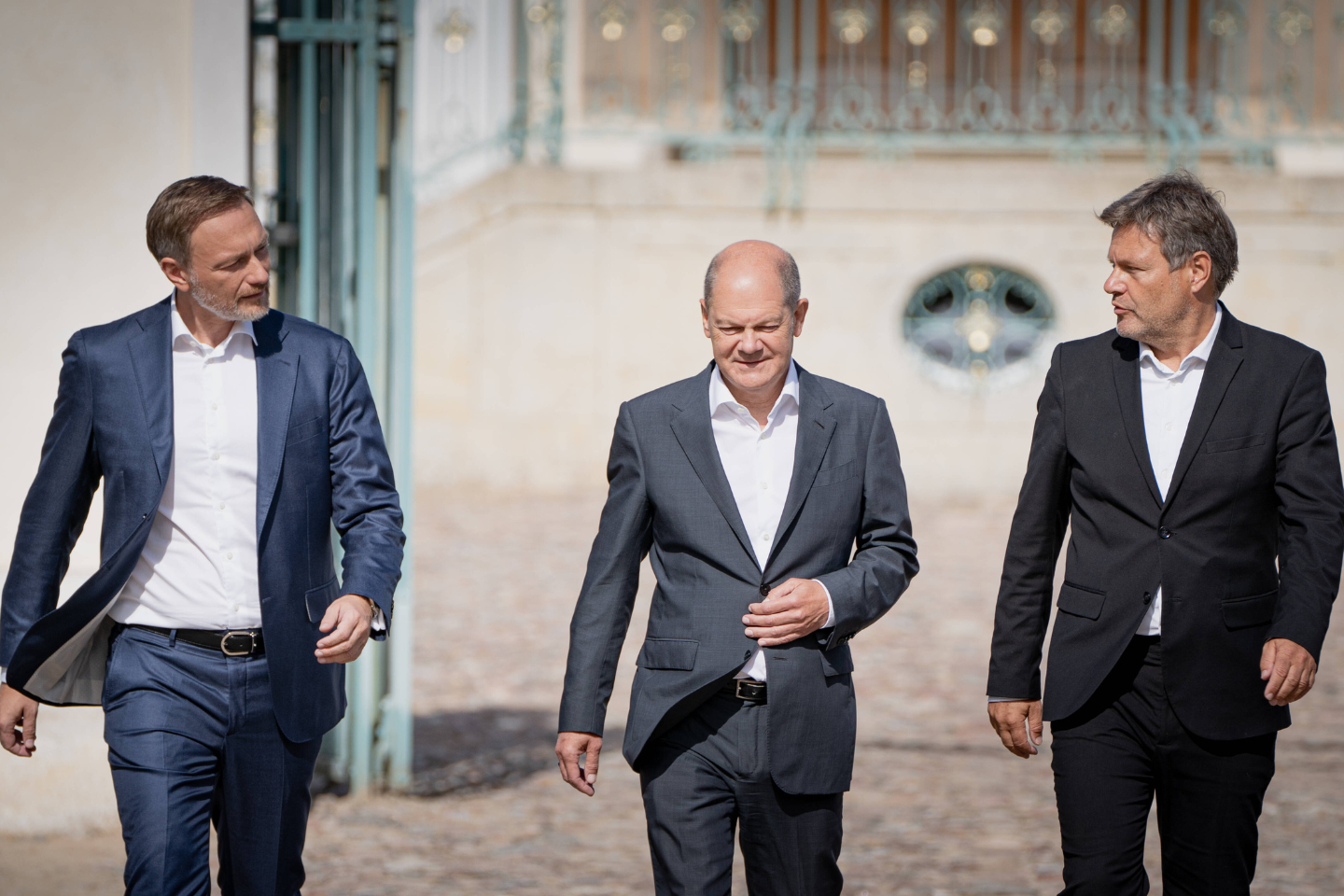
Wähler:innenpotenzialanalyse: So schaut die Bevölkerung derzeit auf die Ampel-Regierung
Eine Befragung analysiert das Wähler:innenpotenzial aller im Bundestag vertretenen Parteien, die Zufriedenheit mit der Bundesregierung und die Politikpräferenzen der Bevölkerung für die kommenden zwei Jahre.
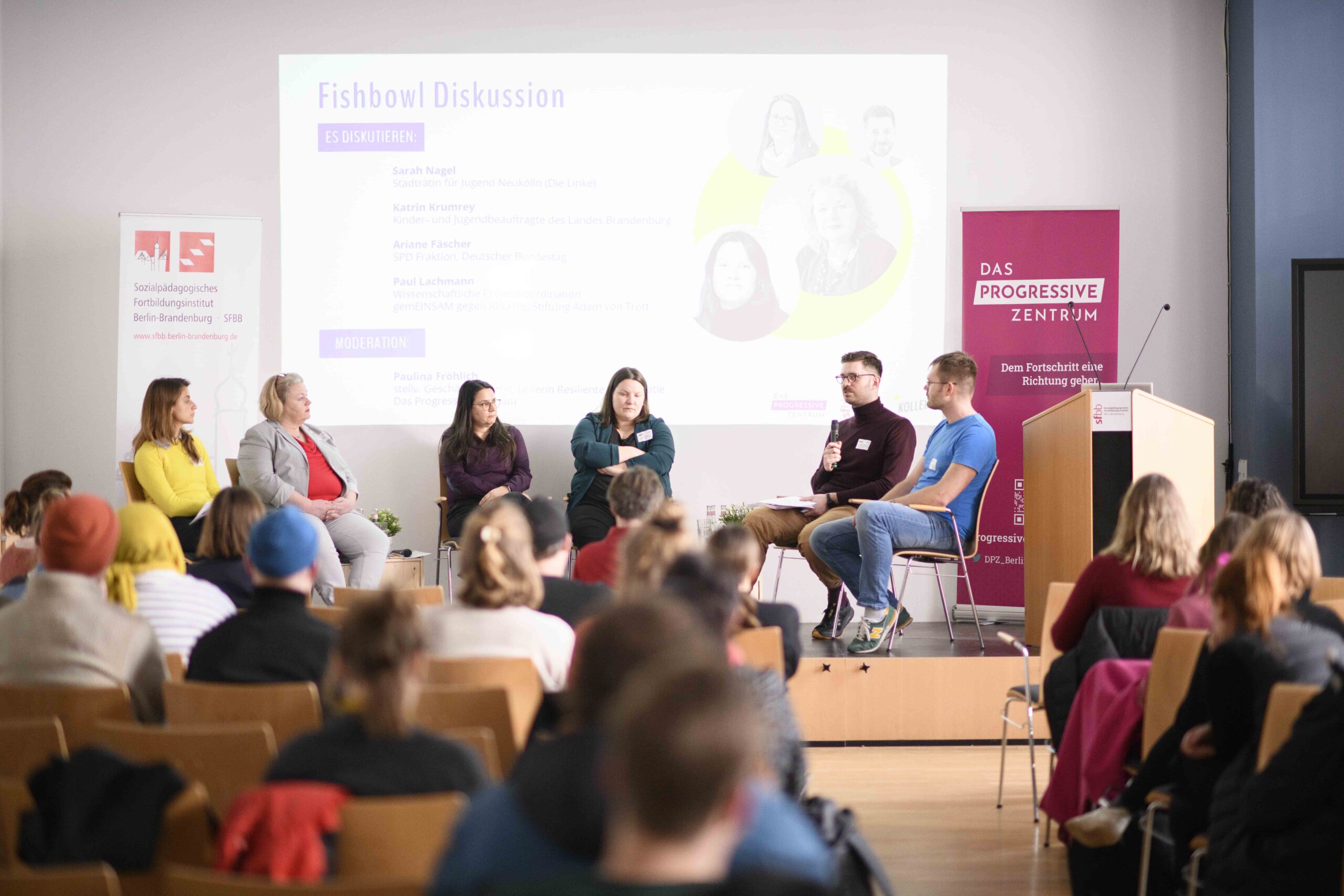
“Diese Veranstaltung macht Mut” – Erkenntnisse und Methoden zur Prävention jugendlicher Einsamkeit
Beim Fachtag zu Einsamkeit und Demokratiedistanz haben Praktiker:innen aus der Jugendarbeit und Jugendhilfe mit Expert:innen aus Wissenschaft und Politik diskutiert, wie wir als Gesellschaft mit Einsamkeitserfahrungen und Radikalisierung im Jugendalter umgehen können.
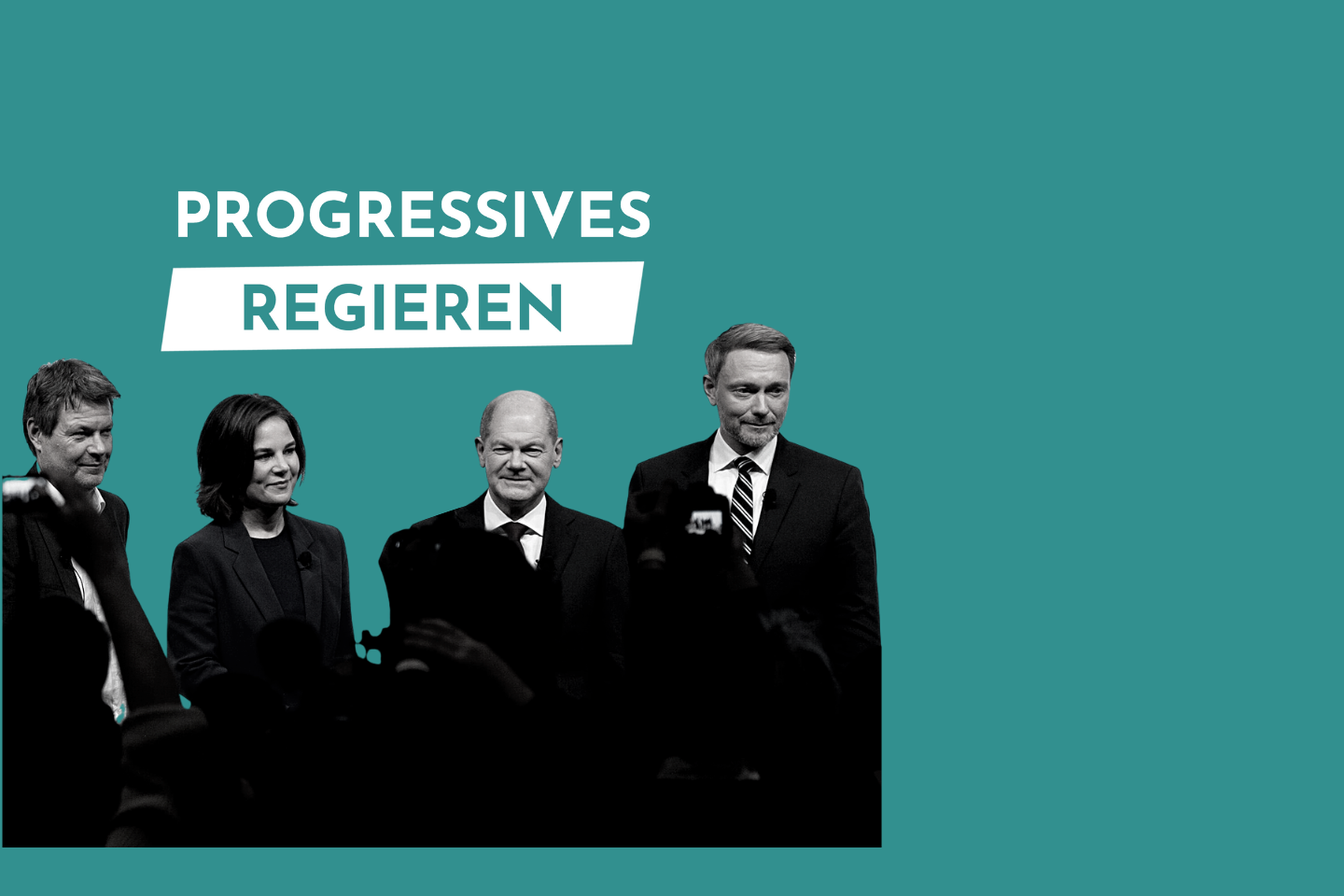
Magazin
Die Ampelkoalition will mehr Fortschritt wagen. Wie kann das in einer Zeit multipler Krisen gelingen? Das Online-Magazin „Progressives Regieren“ sucht nach Antworten und debattiert die strategischen Voraussetzungen für erfolgreiches progressives Regieren.

Wir entwickeln und debattieren Ideen für den gesellschaftlichen Fortschritt – und bringen diejenigen zusammen, die sie in die Tat umsetzen. Unser Ziel als Think Tank: das Gelingen einer gerechten Transformation. ▸ Mehr erfahren
Aktuelles
Gerhard Schröder: "Er hat die SPD verhöhnt und der Lächerlichkeit preisgegeben
Progressive Governance – Stockholm Seminar 2023
Wähler:innenpotenzialanalyse: So schaut die Bevölkerung derzeit auf die Ampel-Regierung
“Diese Veranstaltung macht Mut” – Erkenntnisse und Methoden zur Prävention jugendlicher Einsamkeit
Die Gestaltung einer progressiven Toolbox zur Inflationsbekämpfung: Expertentreffen des Progressive Economics Network in Brüssel (EN)
Getting the Green Deal Done: Das Progressive Economics Network trifft sich in Brüssel (EN)
Status quo – im Namen der Zukunft! Generationengerechtigkeit zwischen Klimaschutz und Schuldenbremse
“Es kann niemand wollen, dass erste Wahlerfahrungen zu Frust und Ärger führen”
Mit uns am Puls progressiver Politik bleiben. In Berlin und in Europa.
Alle Updates zu Veranstaltungen, Studien und Debatten über unseren Newsletter erhalten.

